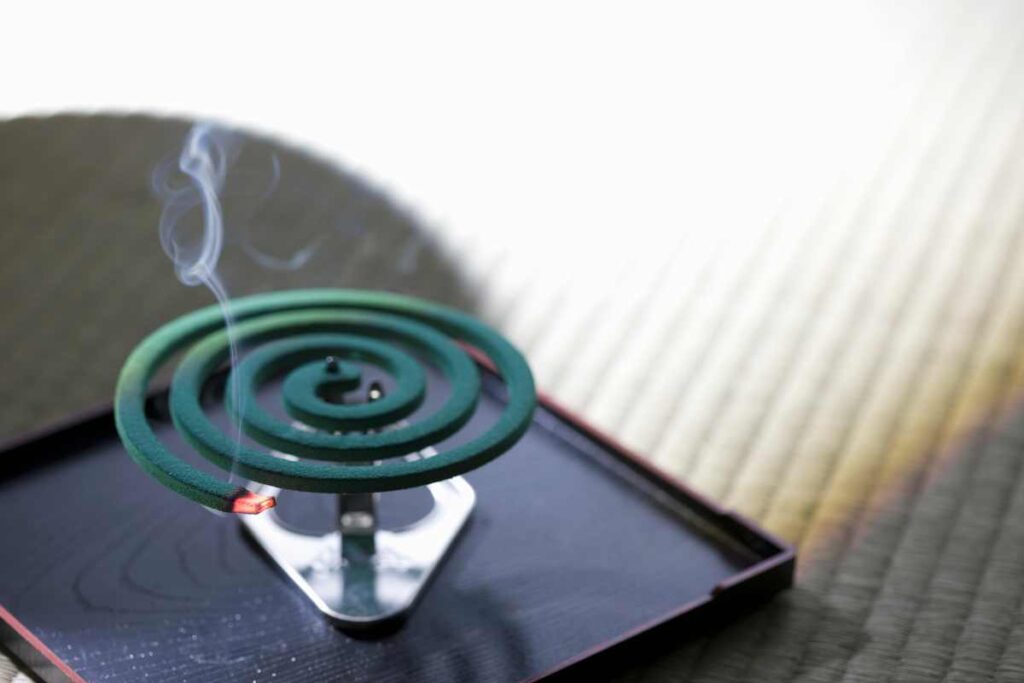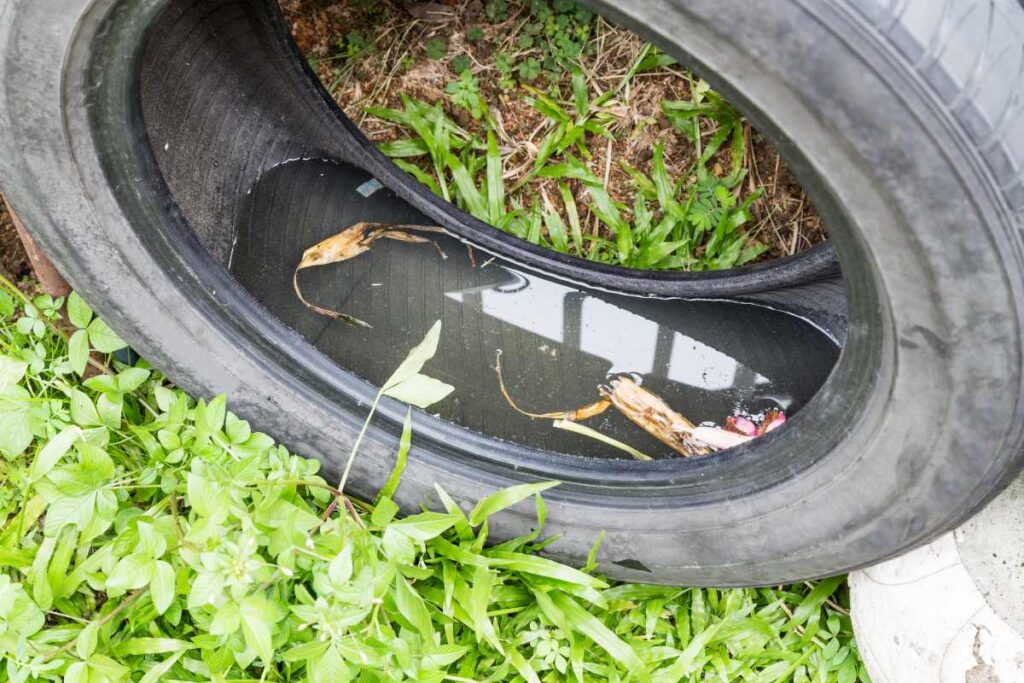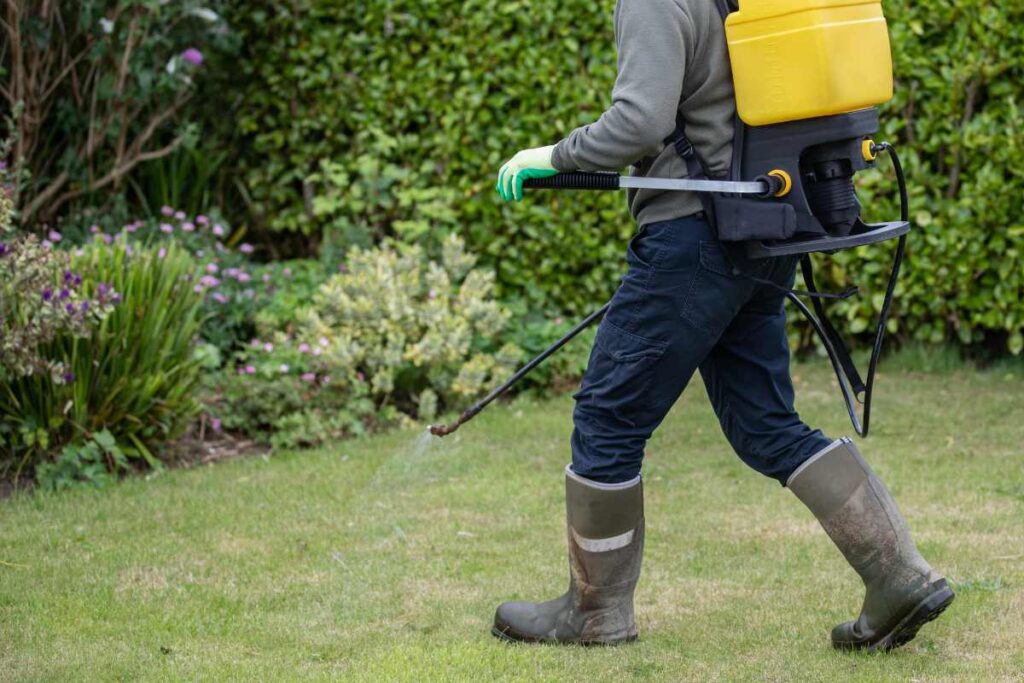Dealing with mosquitoes in your room can be more than just an annoyance; it can disrupt your sleep, cause itchy bites, and even pose serious health risks.
These tiny pests are not only irritating but also capable of spreading dangerous diseases like malaria, dengue, and Zika virus. Whether you’re struggling with a single rogue mosquito or facing a full-blown infestation, understanding how to effectively eliminate mosquitoes from your living space is essential.
This comprehensive guide will walk you through the most effective strategies to get rid of mosquitoes in your room, from quick fixes to long-term preventative measures, so you can reclaim your comfort and safety.
Understanding the Mosquito Problem in Indoor Spaces
Mosquitoes are more than just a nuisance; they can pose
significant health risks. These pesky insects are attracted to indoor environments for several reasons:
- Warmth and humidity: Mosquitoes thrive in warm, humid conditions, which are often found in homes and other indoor spaces.
- Carbon dioxide and human presence: The carbon dioxide emitted by humans and the presence of potential blood meals make indoor environments particularly attractive to mosquitoes.
Beyond being annoying, indoor mosquitoes can transmit a variety of diseases, including malaria, dengue,
Zika, and West Nile virus. Additionally, mosquito bites can cause allergic reactions in some individuals.
Quick and Effective Ways to Get Rid of Mosquitoes in a Room
Here are some expert-recommended methods to effectively eliminate mosquitoes from your room.
Using Mosquito Repellents
Repellents are a popular and effective way to deter mosquitoes. Several commercial products are highly recommended:
- OFF! Deep Woods Insect Repellent: Known for its long-lasting protection, especially in heavily infested areas. It contains DEET, which is effective but should be used with caution.
- Cutter Lemon Eucalyptus Insect Repellent: A natural option that uses oil of lemon eucalyptus to repel mosquitoes. It’s DEET-free and ideal for those seeking a safer alternative.
- Thermacell Mosquito Repellent: A portable device that creates a 15-foot zone of protection using a repellent mat and butane cartridge, great for rooms or outdoor spaces.
When choosing a repellent, consider the pros and cons of chemical and natural options. Chemical repellents often offer stronger protection but may contain harmful ingredients. Natural repellents, such as those made with essential oils, are generally safer but may be less effective.
To ensure maximum effectiveness, apply repellents according to the product instructions. Reapply as needed, especially after sweating or swimming.
Mosquito Nets and Barriers
Mosquito nets serve as a physical barrier to prevent mosquitoes from entering your room. Some highly rated options include:
- Coghlan’s Mosquito Net: Ideal for beds, this net is durable and offers full coverage.
- Even Naturals Premium Mosquito Net: A versatile option that can be used on beds, cribs, or hammocks. It’s easy to install and provides excellent protection.
Proper installation is essential for optimal protection. In addition to nets, consider using screens on windows and doors to further deter mosquitoes. Sealing cracks and gaps around doors and windows can also help prevent entry.
Electronic Mosquito Control Devices
Electronic devices offer alternative methods for mosquito control. Here are some products that are worth considering:
- Flowtron BK-40D Electronic Insect Killer: A popular zapper that attracts and kills mosquitoes using a UV light. Effective for larger rooms but should be placed away from areas where people and pets frequent.
- DynaTrap DT1050 Insect Trap: This device traps mosquitoes by emitting carbon dioxide and UV light, attracting and capturing them in a secure chamber.
- TBI Pro Ultrasonic Pest Repeller: This plug-in device claims to repel mosquitoes with ultrasonic waves, though its effectiveness can vary.
When using electronic devices, follow the manufacturer’s instructions for proper placement and usage. Be cautious of safety concerns, especially with zappers that can shock humans and pets.
In addition to using these products indoors, consider treating the surrounding areas of your home with a
mosquito spray for the backyard to further reduce the mosquito population and prevent them from entering your room in the first place.
By choosing the right products and following these guidelines, you can quickly and effectively rid your room of mosquitoes and enjoy a more comfortable living space.
Preventative Measures to Keep Mosquitoes Out
The best way to avoid a mosquito infestation is to stop them before they become a problem. By implementing preventative measures, you can create a hostile environment for mosquitoes, making it difficult for them to enter or breed in your space.
Eliminating Standing Water
Mosquitoes breed in stagnant water, so it’s crucial to eliminate potential breeding grounds. Identify and remove any sources of standing water around your home, such as:
- Puddles
- Flowerpots
- Bird baths
- Buckets
- Tires
- Clogged gutters
Proper drainage and disposal of rainwater can help prevent mosquito breeding. In unavoidable water sources, consider using larvicides specifically designed for mosquito control.
Maintaining a Clean and Mosquito-Free Environment
Regular cleaning can help create an environment that is less attractive to mosquitoes. Pay attention to areas where water can accumulate, such as basements, bathrooms, and laundry rooms.
Plants can also play a role in repelling mosquitoes. Consider growing plants like citronella and lavender, which are known for their mosquito-repelling properties.
Sealing cracks and openings around your home can also prevent mosquitoes from entering.
Leveraging Natural Solutions
Essential oils like eucalyptus, lemon, and citronella have natural mosquito-repelling properties. You can use them in diffusers, candles, or topical applications.
DIY mosquito traps can also be effective. One popular method involves using a bottle filled with water and sugar to attract mosquitoes. The mosquitoes enter the bottle but cannot escape.
Certain plants, such as basil, catnip, and lemongrass, can also repel mosquitoes when grown indoors.
When to Call a Professional


